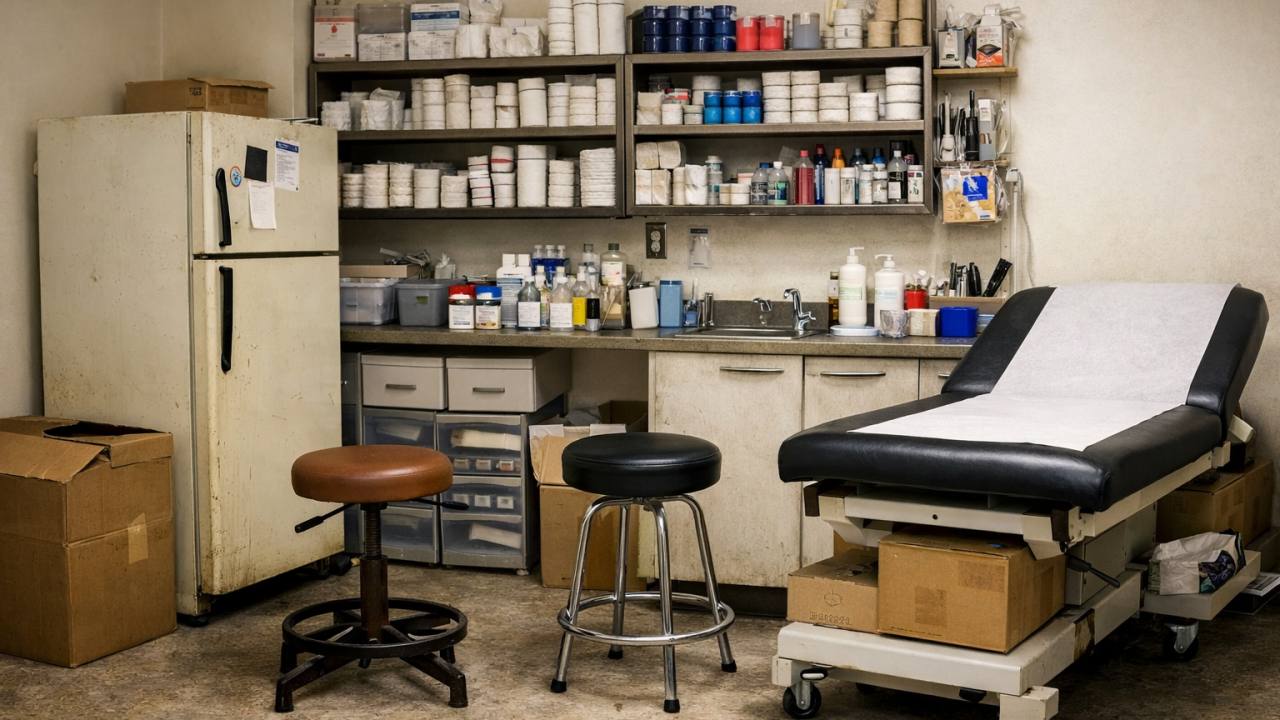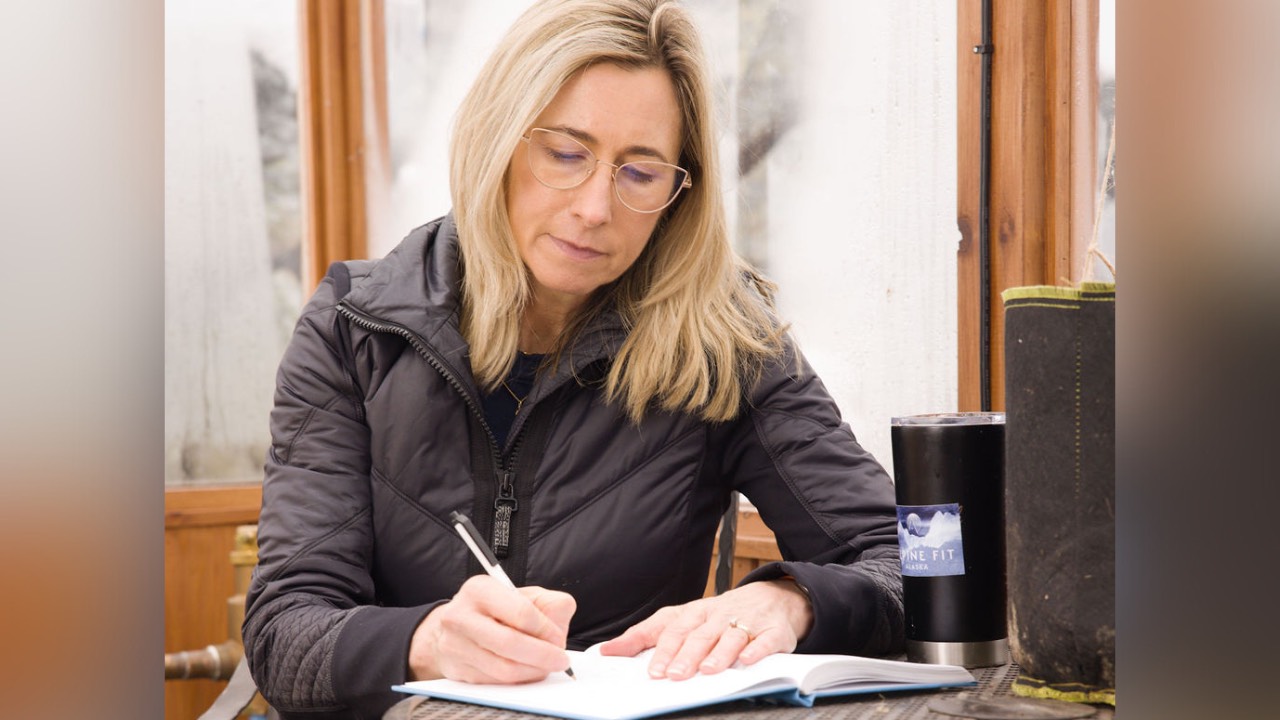Power of Conversation, Story and Invitation
A thoughtful reader recently wrote in and asked me: “How did you build the strong relationships you have with specialists?”
At first, I wasn’t sure how to answer. My brain went to the tactical: referrals, shared patients, thank-yous. (These are still paramount. Doing your due diligence with workups, sending thoughtful referrals, and expressing appreciation to your partners in a patient’s care, remain foundational to collaborative medicine).
But as I sat with the question, I realized it tapped into something deeper, something I hadn’t fully articulated until now.
It turns out, most of those relationships weren’t built in one grand moment. They were built slowly, in small gestures, rooted in curiosity, respect, and presence - specialists and allied health professionals alike.
Some started in expected ways…
Like the time I met a specialist in the doctor’s lounge. I paused long enough to actually sit down to eat and strike up a conversation. We exchanged stories about what brought us to Alaska. I later invited him to give a chalk talk for our residents. That one moment grew into a connection that continued to deepen over time.
Another came after a resident didactic from an ENT specialist. I thanked her afterward and asked for her take on curbside etiquette. We exchanged contact info. And when I eventually reached out, I made sure I had honored her request (and I never used her in place of UpToDate). That one question to her, gave us a foundation for mutual respect and trust.
There was also the name I recognized from a physician-only local social media community, which I try to be active in. When we finally met in real life at a social event, it felt like reconnecting with someone I already knew. Because in some ways, we had already begun to build community online.
And some started unexpectedly…
Being a patient myself and getting an invitation to reach out on behalf of my patients' care.
Calling a specialist on call to hear their expertise if the patient needed an ED visit or not. That one turned into shared care over time for a complex patient.
Having a specialist call me for his complex patient in need of a primary care physician and graciously accepting and having staff expedite their first visit. Many conversations ensued over that patient and then many other shared patients.
Attending a hospital event (not always a priority) and stumbling into conversation and common ground.
Even just showing up to med staff meetings, asking thoughtful questions or quietly listening without a side agenda. That alone has opened doors and softened dynamics.
But one of the most memorable shifts came after a full day of escalating frustration with a local pharmacist communicating through my MA. We were stuck in a loop of assumptions, misunderstandings, and missed expectations. And then I picked up the phone.
Just one conversation, human to human, voice to voice, reset the whole dynamic.
We can't control how others see us. We can influence how we're experienced. And that starts first in how we see them, which flows into how talk about them, and interact with them.
For me, that shift starts with mindset. I’ve found that staying grounded in curiosity, assuming positive intent, and holding a little grace for our shared fallibility makes all the difference.
That’s how I choose to see the people I work with - partners in healthcare. And that shift transforms how I show up.
Why it’s hard to take those small steps
Most of us genuinely want better working relationships with our colleagues. We value collaboration. We care deeply.
But in the moment, when we could pick up the phone, attend a meeting, or write a thoughtful referral, we hesitate. We delay. We triage. We default to old patterns. We over-function aiming for unrealistic standards and then are exhausted.
And it’s not because we don’t care. It’s usually because of familiar internal habits like:
- Perfectionism – The belief that every note, referral, or message has to be flawless before you send it
- All-or-nothing thinking – The idea that if you can’t do it all (attend every event, send every thank-you), it’s not worth doing any
- Over-managing your reputation – Focusing more on how you’ll be seen than how you actually show up (and think about how this fuels perfectionism when you're thinking the worst of what they may be thinking of you)
And of course, there’s the reality that time always feels short. We’re busy. We’re stretched. Trying something different, whether it’s showing up at a meeting or initiating a new type of conversation, can feel uncomfortable or inefficient.
But the upside is real. Those small shifts in how we engage can create lasting changes in how we’re experienced—and how we experience others.
Here’s your invitation
So, if this is one area you've been wanting to work on - you don’t have to overhaul your whole schedule to improve professional relationships.
Just try one thing this week:
- Sit in on a lecture and meet and thank the specialist afterward
- Send a referral with a clear clinical question and the needed essentials
- Ask a specialist about their preferred contact method—and honor it
- Interact (respectfully) in a local physician forum or group
- Attend a med staff meeting with no agenda, just show up and listen
- Send a curbside contact a one-line thank-you, with no ask
- Give a colleague the benefit of the doubt in a moment of frustration
Each one of these is a small gesture. But they matter.
That’s how trust is built: one moment, one referral, one kind assumption at a time.
Now it’s your turn
That colleague recently asked how we build stronger relationships across specialties—and it sparked this whole reflection. Let’s help them out (and each other) by sharing what’s worked in real life.
What’s one small thing that’s helped you build trust across specialties? A phrase, a habit, a mindset shift, a way of showing up?
Share it anonymously here it takes less than a minute, and you can see what others have contributed in real time (or if you prefer, drop it in comments inside LinkedIn).
Let’s crowdsource some small, intentional practices that make our work more connected, and a little easier.





Responses